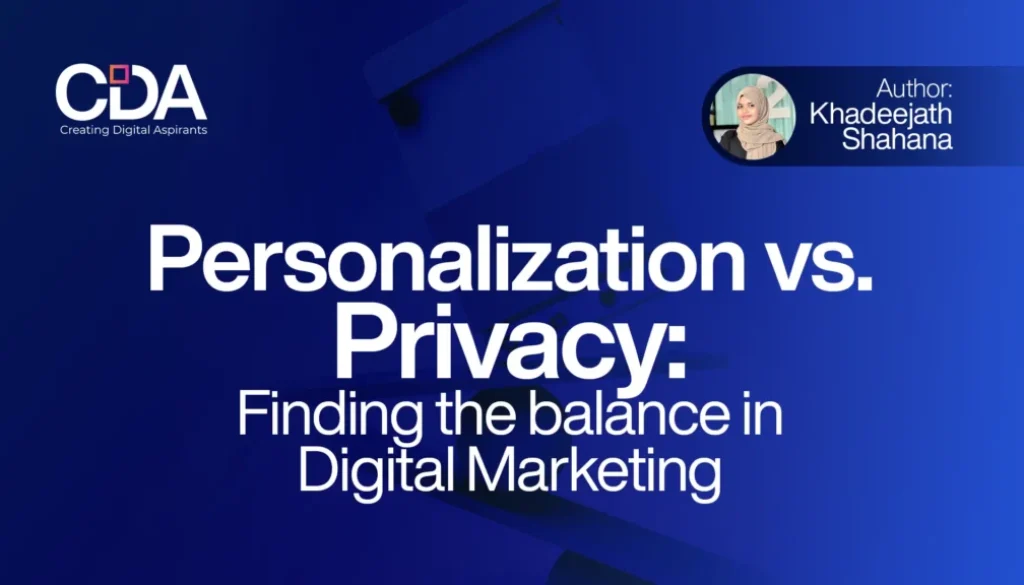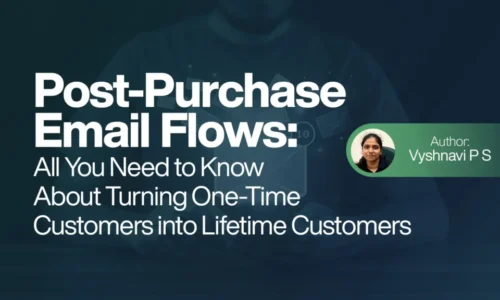Personalization vs Privacy: Finding the Balance in Digital Marketing
We’ve all experienced that strange moment while scrolling through social media—suddenly, ads for products we just casually mentioned pop up like magic. It feels as if a virtual assistant is eavesdropping, knowing us better than our closest friends. But amid this convenience, a pressing question arises: are we sacrificing our privacy for the sake of personalization?
This incident conveys a significant tension in today’s digital marketing landscape: the delicate dance between personalization and privacy. While we may appreciate those tailored recommendations popping up in our feeds, there’s an underlying unease about the unseen forces at play.
Table of Contents
Striking the Right Balance
So, how can brands navigate this tightrope? The answer lies in transparency. Consumers today crave honesty about how their data is collected and utilized. By openly communicating their data practices, brands can build trust—an invaluable currency that fosters stronger customer loyalty.
Imagine a world where brands give consumers the power to control their own data. Allowing users to adjust privacy settings or opt out of data collection not only empowers them but also signals a brand’s commitment to safeguarding privacy. This shift can create a more respectful relationship between consumers and brands, where trust is prioritized.
Leveraging Technology for Ethical Marketing
As technology evolves, it offers solutions that can help brands achieve this delicate balance. AI-driven tools are being developed to analyze consumer behavior without compromising individual privacy. For instance, aggregated data can yield valuable insights into broader trends without collecting personal identifiers.
Brands can adopt ethical data usage practices by focusing on collecting only the data necessary for their operations. By minimizing data collection, brands not only adhere to privacy regulations but also reduce the risk of compromising customer information.
Building Consumer Trust
Ultimately, the key to success lies in prioritizing consumer trust. As brands navigate the complexities of personalization and privacy, those that focus on ethical marketing practices will resonate more deeply with consumers.
To build trust, brands should actively engage with their consumers. This could include soliciting feedback on privacy practices or involving them in discussions about the types of personalized experiences they would find valuable. Open dialogue can foster a sense of community, making consumers feel valued and heard.
The Future of Personalization and Privacy
Looking ahead, the future of digital marketing will likely hinge on how well brands can balance personalization with privacy concerns. As technology continues to advance, marketers will have to remain agile and adapt their strategies accordingly.
Innovative solutions, such as privacy-first marketing strategies, are emerging as key trends. These strategies prioritize user consent and data minimization while still delivering personalized experiences.
Additionally, organizations are investing in robust security measures to protect consumer data. By prioritizing cybersecurity and educating consumers about how their data is safeguarded, brands can build confidence and trust in their services.
Wrap-Up
In conclusion, the balance between personalization and privacy has never been more critical. By prioritizing transparency, empowering consumers, and leveraging technology, brands can create personalized experiences that respect privacy. In an era where authenticity and trust are paramount, brands that embrace this balance won’t just survive—they’ll thrive, fostering meaningful connections with their audiences.
Author Info
Khadeejath Shahana, a digital marketing strategist in Kasaragod.
Learner of CDA Digital Marketing Course in Kerala.




